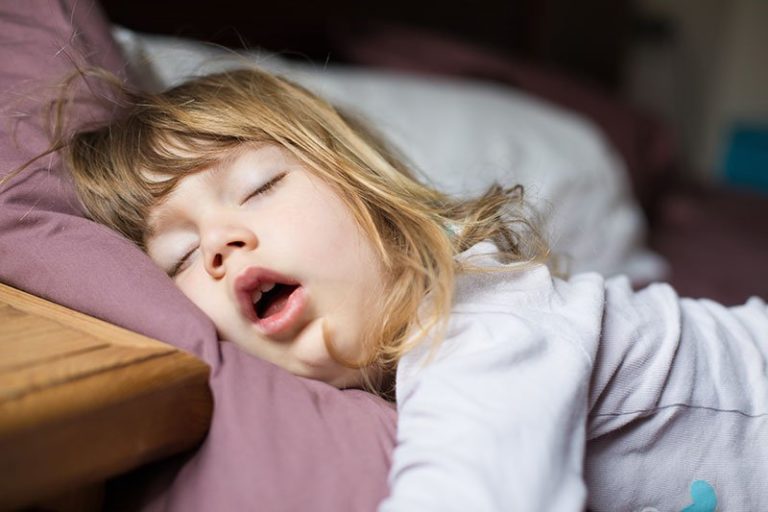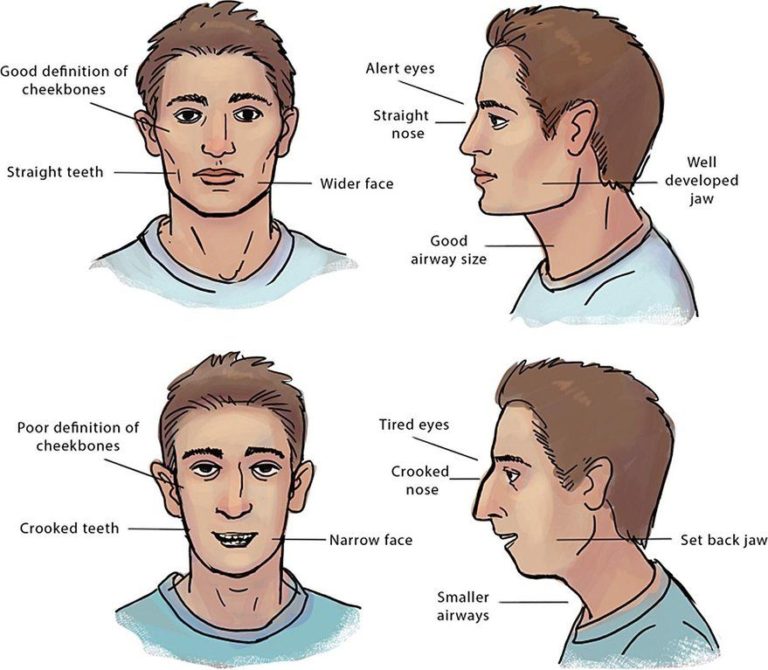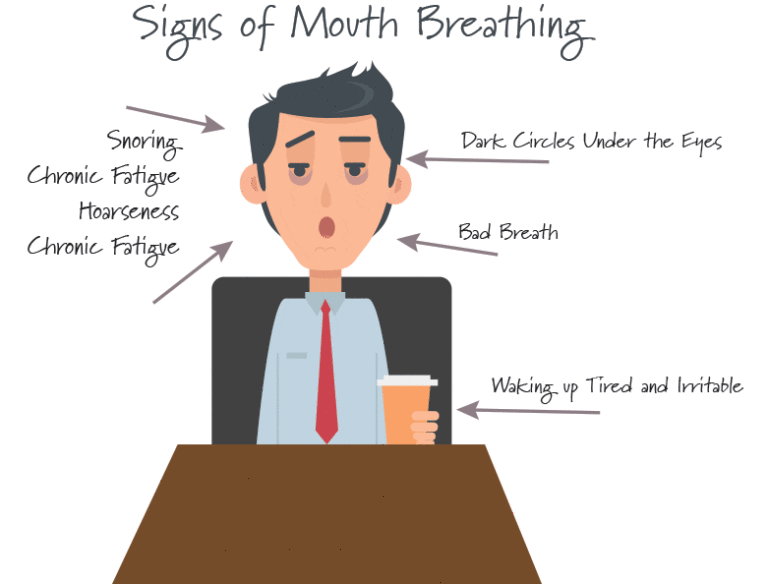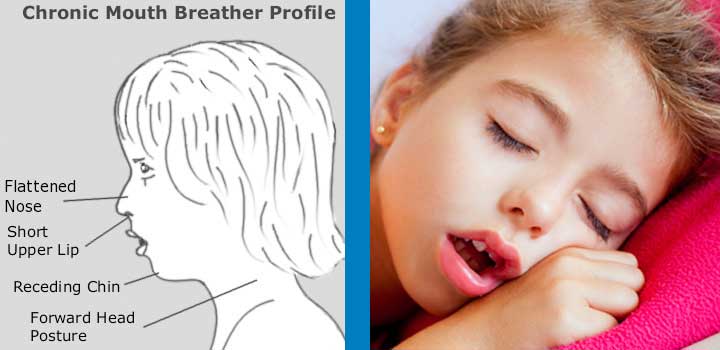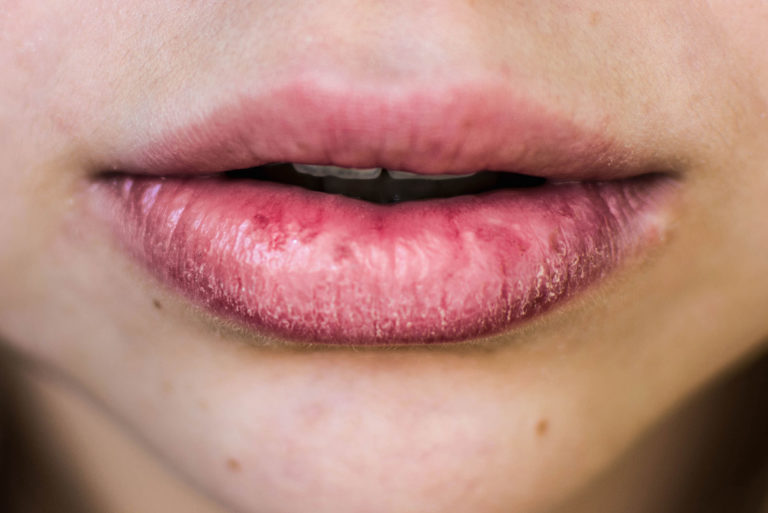Mouth-breathing Habit Correction
What is mouth-breathing?
Mouth breathing refers to the act of breathing through the mouth (as a temporary backup system) if there is an obstruction to breathing through nose, which is the designated breathing organ for the human body. It is classified into three types: obstructive, habitual, and anatomic.
If the habit continues for longer duration due to several causes such as frequent episodes of cold, adenoid enlargement or obesity, then such a child could become a chronic mouth breather and may show the various signs and symptoms of the same.
Nose breathing versus Mouth breathing
It is the job of human nose to filter out all of the particles that enter the body, as well as to humidify the air we breathe, add moisture to it, and warm it to body temperature.
In contrast, however, mouth breathing “pulls all pollution and germs directly into the lungs; dry cold air in the lungs makes the secretions thick, slows the cleaning cilia, and slows down the passage of oxygen into the blood stream. Thus, chronic mouth breathing usually leads to illness.
Signs of Mouth Breathing
Effects on Facial Growth
- It may also lead to the development of a long, narrow face, sometimes termed Long Face Syndrome.
- Malocclusion of the teeth (e.g., crowded teeth) is also suggested to result from chronic mouth breathing in children.
- Proclination of Incisors (Forwardly placed front teeth) is a common finding in mouth-breathers.
- Forward head posture with forward neck tilt.
Other Effects
- Saliva in our mouths has several caries-preventing enzymes and other anti-bacterial agents.
- Constant opening of mouth in chronic mouth-breathers leads to drying up of saliva thus increasing the occurrence of Caries in such children at a very young age.
- This reduction of saliva flow also causes drying and cracking of lips.
- In addition, Gingivitis and Gingival Enlargement and increased levels of dental plaque are common in persons who chronically breathe through their mouths.
- Unbalanced facial muscles As mouth-breathing continues, your facial muscles will begin to alter to adjust to the habit.
Visit us if your child shows any of the above symptoms

